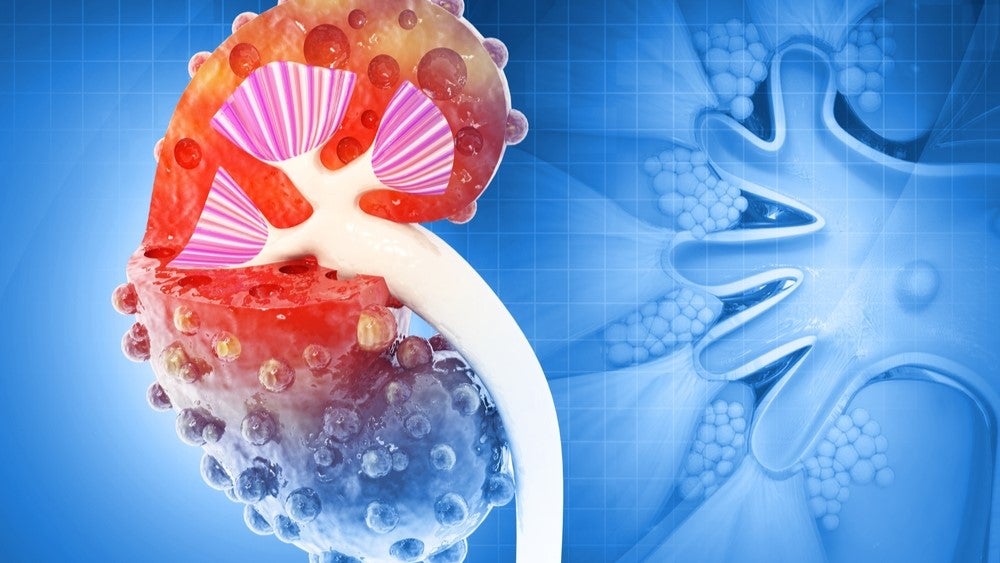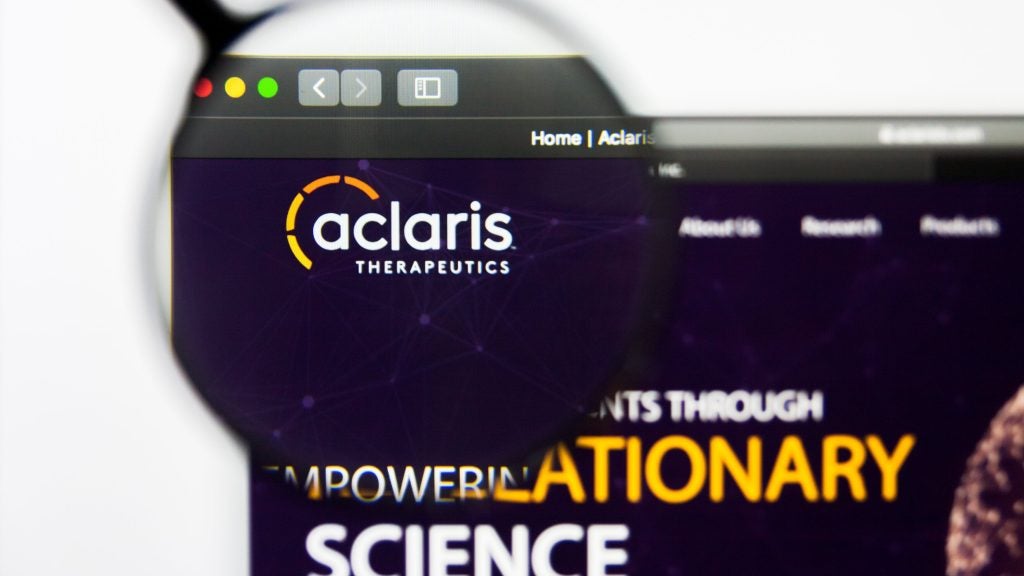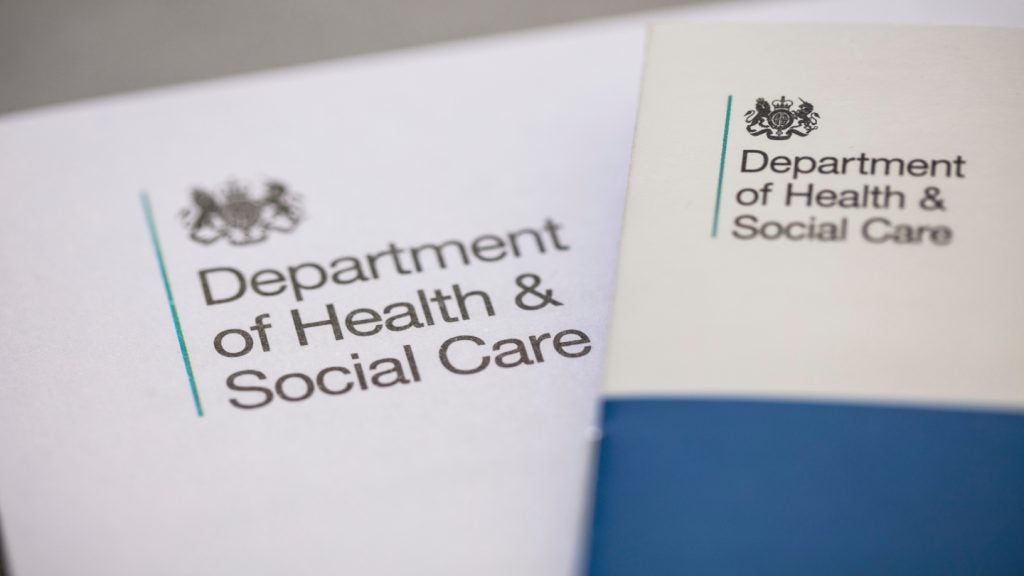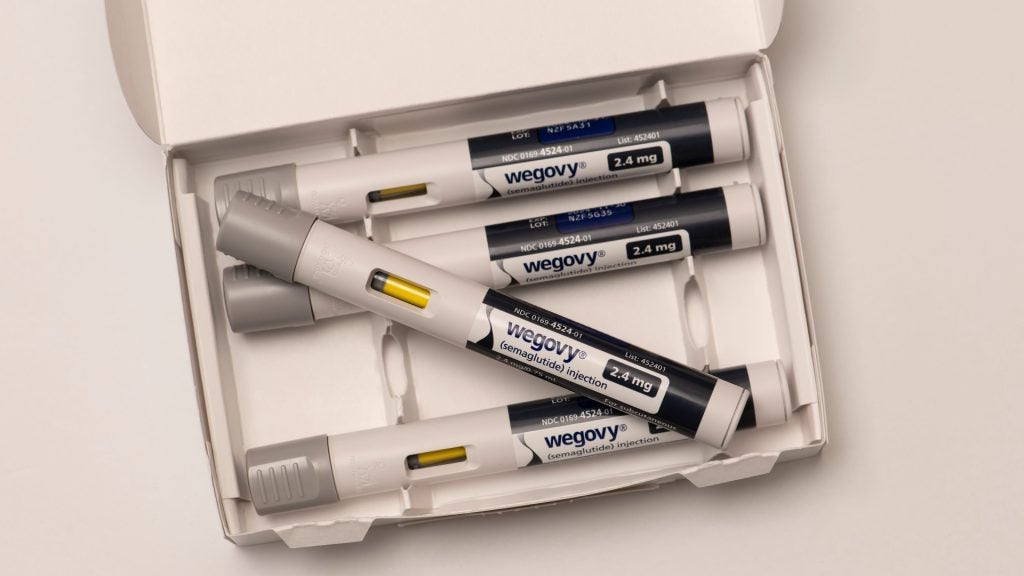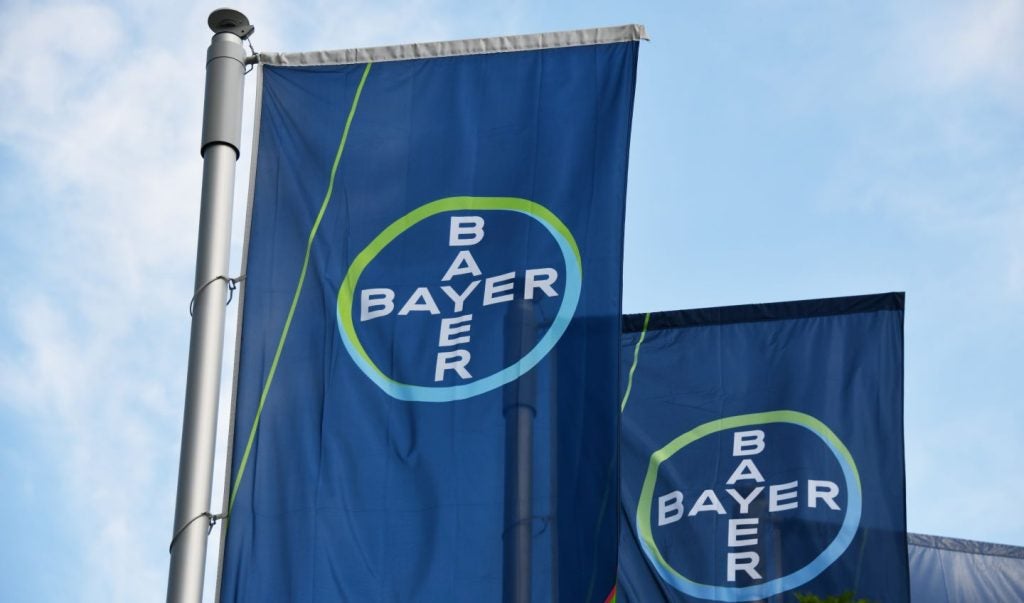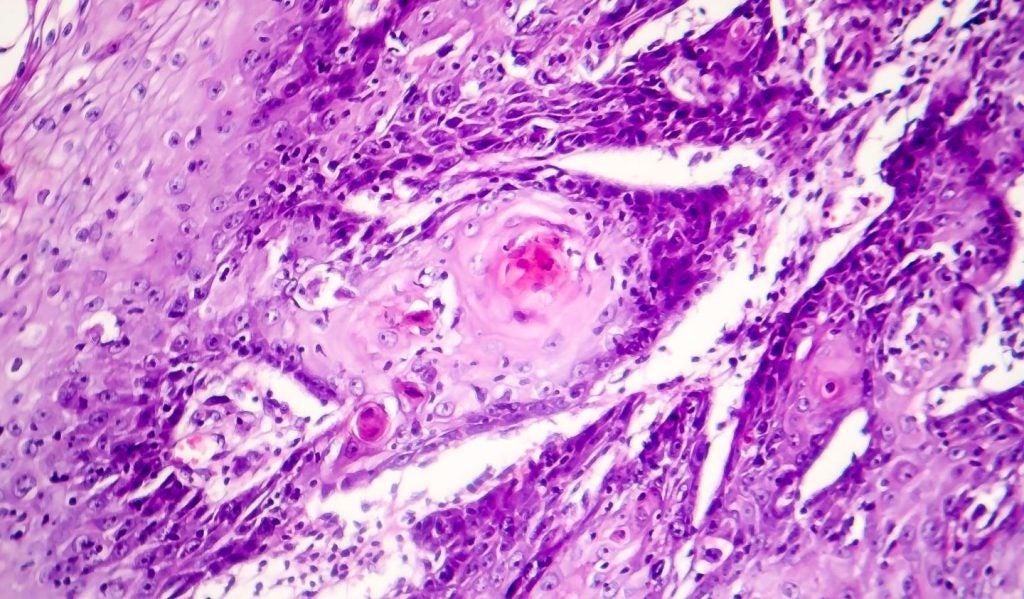
The Phase II interim data shows ProKidney’s autologous cell therapy React (rilparencel) has the potential to preserve kidney function in patients with moderate and high-risk diabetic chronic kidney disease (CKD).
In light of these results, the US-based company plans to update the protocol of its ongoing Phase III clinical trial REGEN-006 (NCT05099770). The study will now enrol patients with an estimated glomerular filtration rate (eGFR) between ≥20ml/min/1.73m² to ≤ 35ml/min/1.73m² to focus on the most severe CKD patients.
The study previously included patients with mild-moderate to severe CKD, with an eGFR between ≥20ml/min/1.73m² to ≤ 50ml/min/1.73m².
Due to the change in trial protocol, the company expects a delay in enrolment. The study recruitment is expected to resume in H1 2024.
ProKidney was quick to add that although it plans to modify the eGFR enrolment range in one Phase III trial, it “does not intend to modify the eGFR enrolment range for its second Phase III trial”.
The eGFR enrolment range for the second Phase III REGEN-016 study (NCT05286853) is ≥20ml/min/1.73m² to ≤ 44ml/min/1.73m².
The company has also paused the manufacturing of React until H1 2024, following the audit of its EU manufacturing site. The audit identified “certain deficiencies in the documentation of the quality management systems”.
The interim Phase II RMCL-002 trial (NCT02836574) data from 83 patients showed notable preservation of kidney function in the diabetic patients who had the highest risk of kidney failure. The full data from the trial is expected in H1 2024.
React is also being investigated in a second Phase II RMCL-007 trial (NCT05018416) in type 1 or 2 diabetic patients with CKD. The interim results from the study are expected in mid-2024, with full results planned for release in H1 2025.
ProKidney also reported a cash runway of $396m as of 30 September. The money is expected to fund operations into Q4 2025. The company has a market cap of $1.8bn.
Cell & Gene Therapy coverage on Clinical Trials Arena is supported by Cytiva.
Editorial content is independently produced and follows the highest standards of journalistic integrity. Topic sponsors are not involved in the creation of editorial content.


